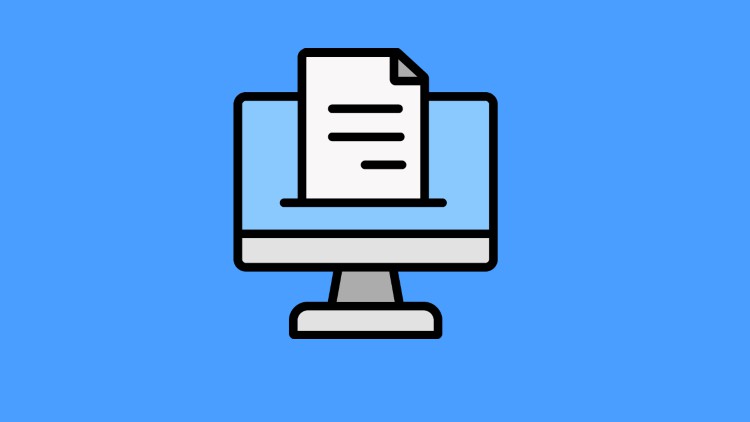
Building a Strong Foundation in C++ Syntax and Concepts
What you will learn
The fundamental concepts of programming and its role in modern technology.
An overview of the history, features, and applications of the C++ programming language.
Setting up a development environment, including installing an Integrated Development Environment (IDE).
Writing, compiling, and running their first C++ program.
Understanding basic syntax, including comments, statements, and expressions.
Different data types in C++ such as int, float, char, and bool.
How to declare and initialize variables to store and manipulate data.
Conditional statements (if, else if, else) for making decisions in the program.
Logical and relational operators for comparing values and making comparisons.
Using loops to repeat code blocks based on conditions.
Switch-case statements for multi-choice decision-making.
Creating and using functions to organize and reuse code.
Passing parameters to functions and receiving return values.
The concept of scope and the lifetime of variables.
Working with arrays to store and manipulate multiple values.
Introduction to pointers and their role in memory management.
Grasping the principles of object-oriented programming (OOP).
Creating classes and objects to model real-world entities in code.
Description
Embark on an exciting journey into the realm of programming with our comprehensive course, “Introduction to C++ Programming for Absolute Beginners.” Tailored specifically for individuals with little to no prior coding experience, this course is your gateway to understanding the fundamental principles of programming through the lens of the versatile C++ language.
You will be guided through an immersive learning experience whether you aspire to become a software developer, enhance your problem-solving skills, or simply grasp the essentials of programming, this course is designed to empower you every step of the way.
What to Expect:
You will be introduced to the very core of programming, unraveling the intricate relationship between code and functionality. Discover the historical context and applications of C++, understand the nuances of compiled languages, and embark on your coding journey by setting up your development environment. Through your first C++ program, you’ll experience the thrill of seeing your code come to life as you master the basics of syntax, data types, and input/output operations.
As you progress , the world of control structures unfolds before you. Dive into the art of decision-making with if statements, navigate loops with finesse, and learn to harness the power of switch-case statements. Through hands-on exercises, you’ll cement your understanding of these programming building blocks, setting the stage for more complex challenges ahead.
You will learn about functions and modular programming. Uncover the elegance of breaking down problems into manageable pieces, designing reusable code snippets that enhance efficiency and maintainability. Delve into the intricacies of parameters, return values, and scope, and unlock the potential of creating dynamic, responsive programs.
You’ll explore the dynamic worlds of arrays and pointers. Develop the ability to work with collections of data efficiently, while also mastering the art of memory manipulation and dynamic memory allocation. The skills you acquire in this phase are essential for developing applications that can handle diverse datasets and adapt to varying circumstances.
Finally, you will take your first steps into the captivating domain of object-oriented programming (OOP). Discover how to model real-world entities using classes and objects, effectively encapsulate data, and create robust programs that are both flexible and scalable.
Upon completing the course, you’ll emerge with a strong foundation in C++ programming, a toolkit of essential coding skills, and the confidence to take on further challenges in the vast landscape of software development. Join us in “Introduction to C++ Programming for Absolute Beginners” and unlock the doors to a universe of endless possibilities through the art of coding.
Content